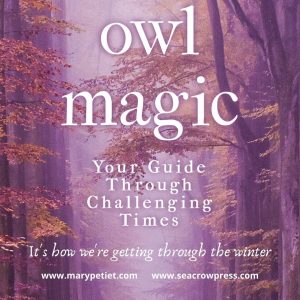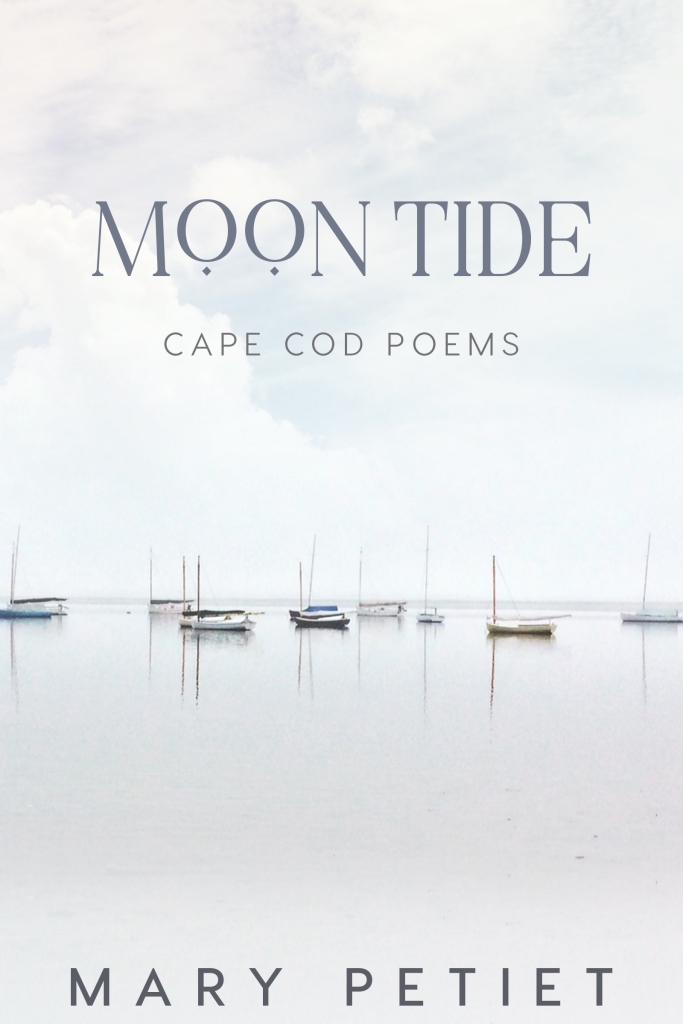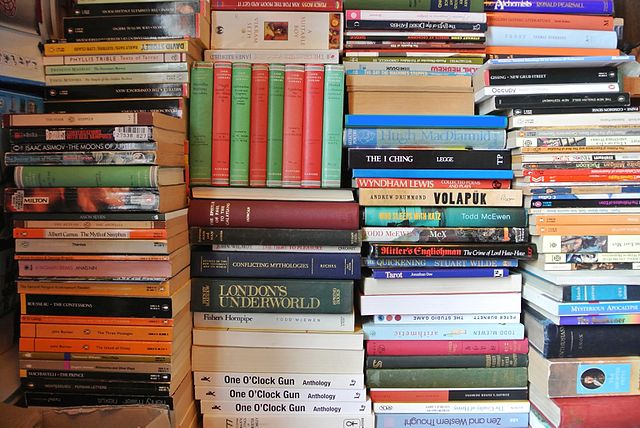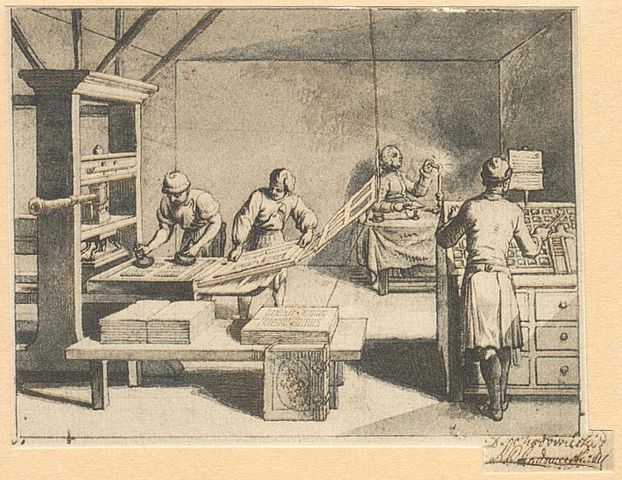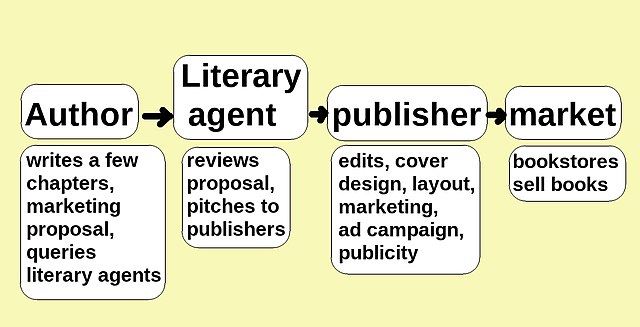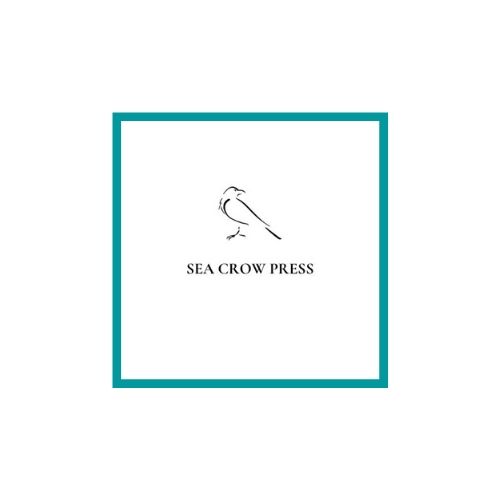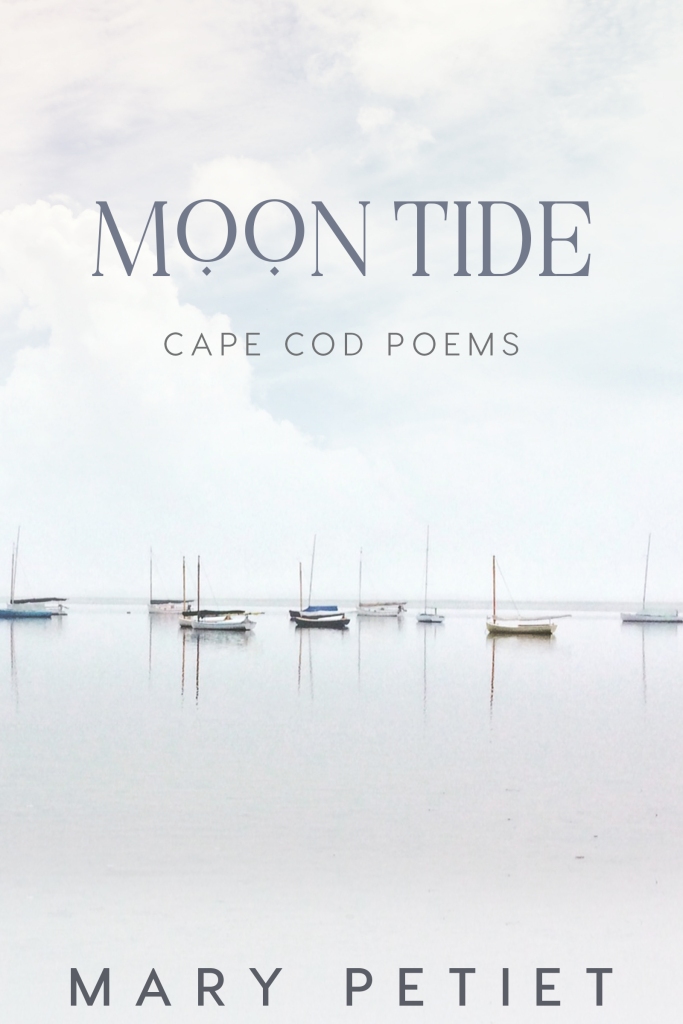Imagine the air stays clean
imagine the grief is gone
imagine the ocean clean
imagine the people together.
Imagine the planet healed
imagine the people healed
imagine the fear is gone.
Imagine the poets were right
and this is the moment we changed.
Apocalyptic vision
Have you ever imagined soulless zombie armies, mushroom clouds, alien invasion, and of course, pandemic? We have read about the apocalypse in novels and watched it over and over again on movie screens. We have imagined dystopia and a violent, imminent end to everything we know, and we have probably imagined ourselves amongst the survivors, because who wants to contemplate their own mortality?
These are modern apocalyptic visions. They are rooted in fear, and they always happen to someone else. Except now, perhaps.
The fictional pandemic has suddenly become real, and the political instability is happening to all of us in some way, right now. If we are lucky, we get to sit it out on the couch in our yoga pants. If we are not lucky, we may have been sick, or someone we love may have been sick, or maybe we have to leave the couch because our jobs are essential. We may also be out risking danger to protest for a better world.
It is happening to all of us, and while we are probably all scared and thinking apocalyptic thoughts, we are also experiencing the current moment in very different ways.
It turns out it is not zombies or aliens or nuclear war. It is a virus, a microscopic enemy we cannot even see. It is social upheaval, dredging up all of the dark aspects of this world we need to fix, and it looks like it might have to get worse before it gets better.
Open your owl eyes
Expand your owl vision. Owls always see the truth and are comfortable flying through dark shadows. Summon your owls. Athena is a battle goddess, and the owl at her shoulder protects her in dark places.
This is not the first apocalypse
It has happened many times before, and it is possible to think of apocalypse as more of an ongoing situation than a one-time event. Every time a species goes extinct, they have had their apocalypse. Every time a habitat is destroyed, it is an apocalypse, and the thing most apocalypses have in common is that they are generally man-made.
Are we the apocalypse?
Did the virus jump species to humans because we put so much pressure on the natural environment? Maybe. And is it the nature of the virus to invade a host and drain it until it is exhausted in the same way humans invade the land and drain it until it too is exhausted? Possibly.
While pop culture defines apocalypse as the kind of explosive world-ending event we have seen in the movies, people have, in fact, been predicting the end of the world pretty much forever.
And in some times and places, it did end. But never for long, and often not at all.
Notice the fear behind the apocalyptic vision.
Apocalyptic predictions generally follow times of disruption or uncertainty, often involving war, plague, or the sighting of comets in the sky.
One of the earliest apocalyptic predictions was made in ancient Judea by the Essenes, who thought their battle with Rome was the end battle. For them, it was the end, but it was not the end for everyone.
The world has been predicted to end by antichrist, fire, and flood at different times by different people—yet still, we are here.
Between 1290 and 1335, Joachim of Fiore predicted the end of the world twice. His second prediction was a rescheduling of the first after it failed to materialize, and that was followed by the Black Death, which many considered the real end times.
Cotton Mather predicted the end of the world three times, and Nostradamus was specific in his prediction of July 1999.
We all remember the Y2K predictions and the Mayan Doomsday of 2012.
How many times and ways might the world have ended?
Bad things have happened, bad things are happening now, but the world has not ended yet, and neither have we. Every previous apocalypse has been based on a false fear.
We are living in our own apocalyptic Between Times, which brings us to our next universal law:
The Universal Law of Courage: Own your fear and face it down through direct action.
This is how to make your fear a constructive agent of change in a rapidly changing world.
Read more in Owl Magic: Your GUide Through Challenging Times from Sea crow press.
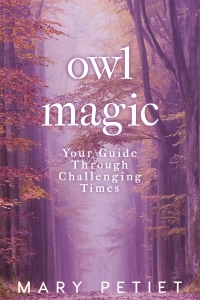
“ This combination of reassurance that there is still magic to behold, that we still have the power and vision to significantly change our world for the better, combined with practical steps that empower us, is healing. Owl Magic” provides just the right amount of heart to remind us what it feels like to be a human being with hope, and enough history to help us put our lives into perspective.” ~Vashti Stopher Klein, author of The Soprano, the Monster, and the Dragonslayer



